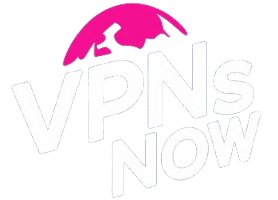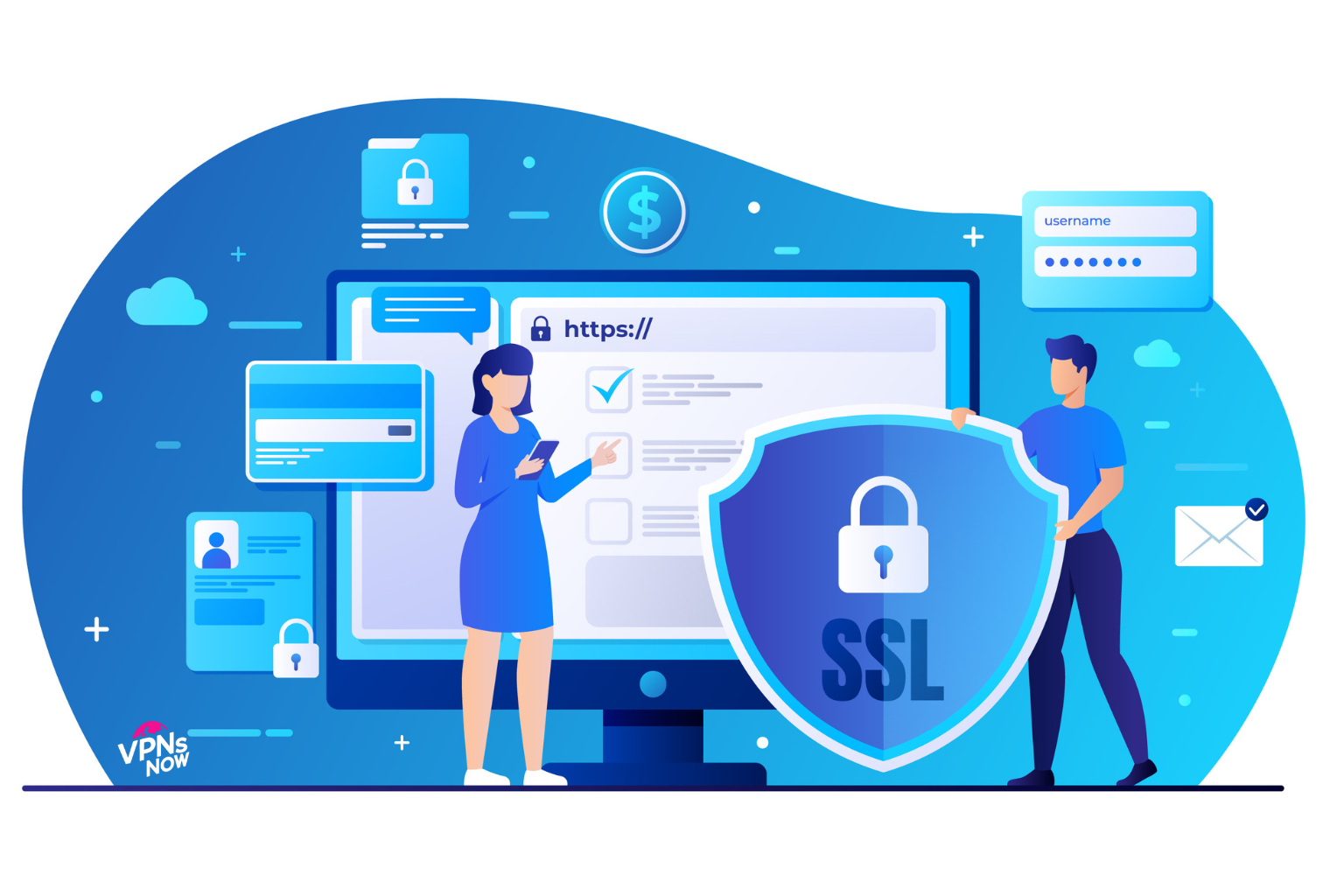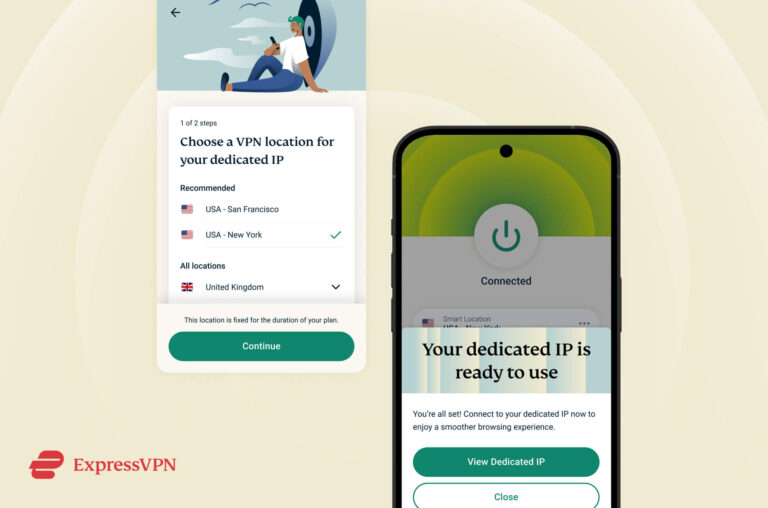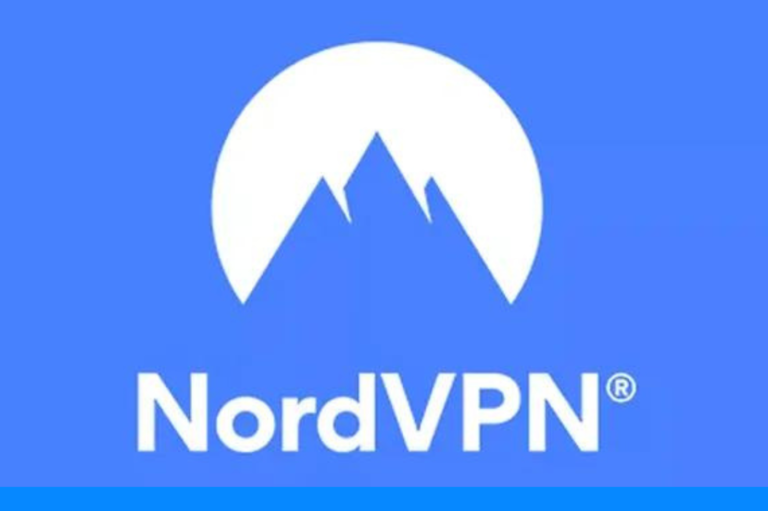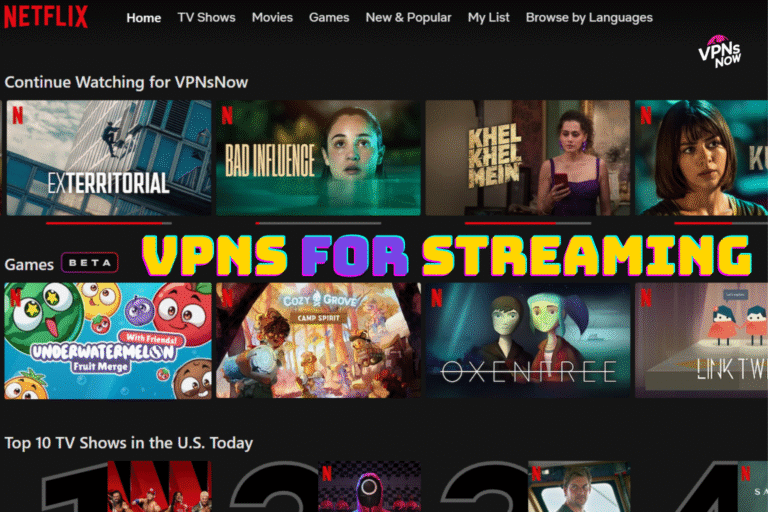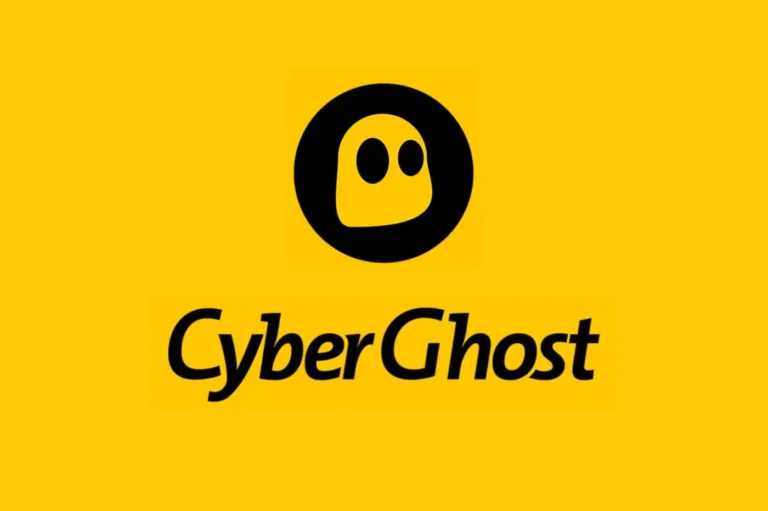VPN Security 2025: The Complete Guide to Staying Safe
Learn how to protect your data, avoid online threats, and choose a secure VPN provider in 2025
Table of Contents
Comprehensive Guide to VPN Security
In today’s increasingly digital world, online privacy and data security have never been more important. Whether you’re working remotely, streaming your favorite shows, or simply browsing social media, you’re constantly exposed to cyber threats. That’s where VPNs (Virtual Private Networks) come into play.
But what exactly makes a VPN secure? Is every VPN trustworthy? And how do you choose the right one?
This comprehensive guide to VPN security 2025 will answer all your questions in a simple, conversational way—just like chatting with a tech-savvy friend who’s got your back.
1. What Is a VPN and Why Do You Need One?
Let’s start with the basics. A Virtual Private Network (VPN) is a tool that creates a secure, encrypted tunnel between your device and the internet. This masks your IP address, keeping your online activities private from hackers, ISPs, and even governments.
Why You Might Need a VPN:
- To protect your personal data on public Wi-Fi
- To access geo-restricted content
- To avoid ISP tracking and throttling
- To enhance online anonymity
Think of a VPN as a cloak of invisibility for your online life—simple, powerful, and essential.
2. How VPNs Work Behind the Scenes
While VPNs might look simple on the surface, the technology under the hood is complex. When you activate a VPN:
- Your device connects to a secure VPN server
- All your data is encrypted before it leaves your device
- The encrypted data travels through a secure tunnel
- The VPN server decrypts the data and forwards it to the internet
- The same process happens in reverse when data comes back to you
This makes it incredibly difficult for outsiders to snoop on your traffic.
3. Key VPN Security Features You Should Know
Not all VPNs are created equal. If you’re serious about your security, look for VPNs that offer:
Military-Grade Encryption
The gold standard is AES-256-bit encryption, the same used by governments and militaries worldwide.
No-Log Policy
A strict no-log policy ensures that your VPN provider doesn’t store your browsing data, connection logs, or IP address.
Kill Switch
This is a must-have. If your VPN connection drops, a kill switch automatically cuts your internet, so your real IP address isn’t exposed.
DNS Leak Protection
Without this, websites might still see your real IP. DNS leak protection ensures all traffic routes through the VPN tunnel.
Multi-Hop / Double VPN
For maximum privacy, multi-hop VPNs route your connection through two or more servers, adding layers of encryption.
4. VPN Protocols: What They Are and Which Ones Are Secure
A VPN protocol determines how your data travels between your device and the VPN server. Here are the most common ones:
- OpenVPN: Open-source, very secure, widely trusted
- WireGuard: Faster than OpenVPN, with strong encryption
- IKEv2/IPSec: Great for mobile, fast and stable
- L2TP/IPSec: Decent security, but slower than others
- PPTP: Very outdated—avoid this one
For most users, OpenVPN or WireGuard are the best choices in 2025.
🔐 Top 4 Most Secure VPNs (2025)
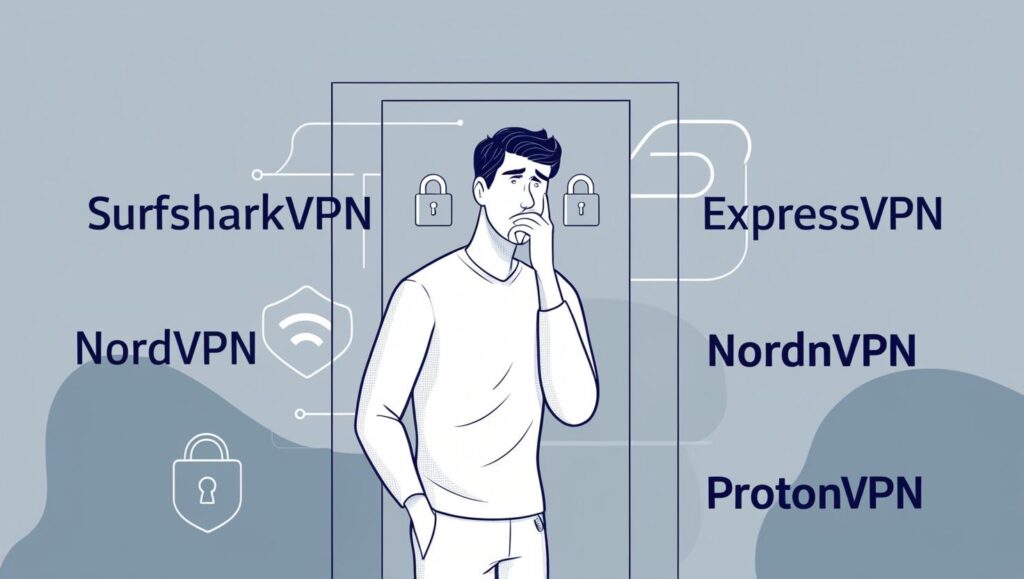
| Feature / VPN | Surfshark | ExpressVPN | Proton VPN | NordVPN |
|---|---|---|---|---|
| Encryption | AES-256, WireGuard | AES-256, Lightway | AES-256, WireGuard | AES-256, NordLynx |
| No-Logs Policy | ✅ Audited | ✅ Audited | ✅ Audited | ✅ Audited |
| Jurisdiction | Netherlands (now stricter privacy laws) | BVI (privacy-friendly) | Switzerland | Panama |
| Kill Switch | ✅ | ✅ | ✅ | ✅ |
| Leak Protection | ✅ Full suite | ✅ Full suite | ✅ Full suite | ✅ Full suite |
| Unique Features | Dynamic MultiHop, Rotating IP | RAM-only servers | Secure Core, Tor over VPN | Double VPN, ThreatBlock |
| Open Source | ✅ (Android & iOS) | ❌ | ✅ | ✅ |
| Speed | ⚡ Very Fast (WireGuard) | ⚡ Excellent (Lightway) | ⚡ Moderate | ⚡ Very Fast (NordLynx) |
| Free Plan | ❌ | ❌ | ✅ | ❌ |
| Monthly Price | ~$12.95 (cheaper with long plan) | ~$12.95 | ~$9.99 (free available) | ~$12.99 |
✅ Why Surfshark is still a top choice:
- Unlimited devices — great for families or multi-device users.
- Dynamic MultiHop — connect through multiple countries for added anonymity.
- Rotating IP — helps defeat trackers and surveillance.
- Affordable — often cheaper than ExpressVPN/NordVPN on long-term plans.
- CleanWeb — blocks ads, malware, and trackers.
🏁 Final Verdict
| Use Case | Best VPN |
|---|---|
| Best value for security | Surfshark ✅ |
| Most advanced features | NordVPN |
| Best for privacy jurisdictions | Proton VPN |
| Best overall security + speed | ExpressVPN |
5. Common VPN Security Risks and How to Avoid Them
VPNs are great, but they’re not foolproof. Here are some common risks to watch out for:
Free VPNs
Many free VPNs log your data, inject ads, or sell your information. If you’re not paying for the product, you are the product.
Fake VPN Apps
Always download VPNs from official sources or trusted app stores.
DNS Leaks
Use built-in leak test tools or websites to ensure your VPN isn’t leaking your IP.
Weak Encryption or Protocols
Stay away from VPNs using PPTP or lacking modern encryption.
6. Choosing a Secure VPN Provider
Choosing the right VPN isn’t just about speed or price. Here’s what to look for in a secure VPN provider:
- Verified no-log policy (preferably audited)
- Transparent ownership and business model
- Located outside of 14 Eyes surveillance countries
- Offers advanced security features like kill switch and multi-hop
- Good reputation and positive independent reviews
Some of the top VPNs known for security include NordVPN, ExpressVPN, ProtonVPN, and Mullvad.
7. VPN Security on Different Devices
A good VPN should protect all your devices, including:
PC and Mac
Desktop VPNs often offer the most features and customization.
Smartphones and Tablets
Look for VPNs with kill switch, auto-connect, and split tunneling on mobile apps.
Routers
Installing a VPN on your router protects every device on your home network.
Smart TVs and Streaming Devices
Use VPNs to unlock geo-blocked content securely.
8. VPNs and Legal or Ethical Use
Let’s get real—VPNs are legal in most countries, but what you do with them matters. Here’s what you should keep in mind:
- It’s legal to use a VPN for privacy, streaming, or bypassing censorship
- It’s illegal to use VPNs for criminal activities, fraud, or harassment
Ethical VPN use ensures the long-term availability and reliability of these tools for everyone.
9. Extra Tips for Maximizing VPN Security
Want to take your VPN use to the next level? Try these pro tips:
- Enable kill switch and auto-connect by default
- Use multi-hop for sensitive browsing
- Clear cookies and cache regularly
- Pair VPN with a secure browser like Brave or Firefox
- Use antivirus alongside your VPN
A VPN is powerful, but it’s just one part of a strong cybersecurity toolkit.
10. VPNs and the Future of Online Privacy
As surveillance grows and cyber threats evolve, VPNs will become even more critical. In 2025 and beyond:
- Governments are increasing internet regulation
- ISPs are collecting more user data
- Cybercriminals are getting more sophisticated
Staying private online is no longer optional—it’s a digital survival skill.
Conclusion: Take Control of Your Online Privacy Today
VPN security isn’t just about hiding your IP—it’s about taking back control of your digital life. Whether you’re new to VPNs or a seasoned user, understanding how they work and how to use them safely is key to staying secure in today’s online world.
Choose wisely, configure smartly, and stay informed. A secure VPN isn’t just a tool—it’s your first line of defense.
🔐 Read more on how to secure your online privacy at the best price !
👉 87% OFF Surfshark Promo Codes 2025 – Save Big on VPN Plans
